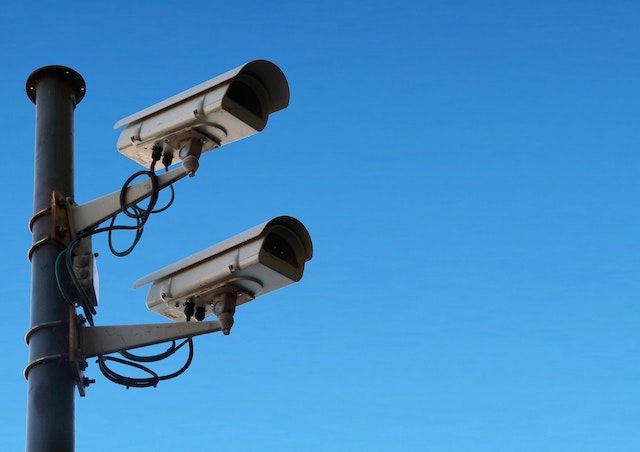In a significant move, the US watchdog is gearing up to unveil its plans to regulate the ever-expanding ‘surveillance industry’. This announcement holds paramount importance as it not only reflects the growing concerns surrounding privacy and data protection but also hints at potential shifts in the technological landscape. In this article, we’ll delve into the impending regulatory measures, their implications, and what this could mean for the future.
Understanding the Context
In an era marked by rapid technological advancements, the ‘surveillance industry’ has gained substantial traction. It encompasses a wide range of technologies, from facial recognition systems and biometric data collection to sophisticated data analytics tools. While these technologies have brought undeniable benefits, they’ve also raised concerns about their potential misuse, infringing upon individual privacy rights.
The Need for Regulation
The imminent announcement by the US watchdog underscores the necessity for comprehensive regulation. With the gathering momentum of the surveillance industry, the need to strike a balance between innovation and safeguarding individual rights is more critical than ever. These regulations aim to establish clear boundaries and ethical guidelines, ensuring that surveillance technologies are used responsibly and transparently.
Key Points of Regulation
- Transparency: One of the central tenets of the upcoming regulations is transparency. Companies operating within the surveillance industry will be required to disclose their data collection and usage practices to users in a clear and accessible manner. This enables individuals to make informed decisions about sharing their personal data.
- Consent: Obtaining informed consent before collecting or using personal data is paramount. The regulations are expected to reinforce the importance of obtaining explicit consent, ensuring that individuals have control over how their information is utilized.
- Data Security: As data breaches become more frequent, robust data security measures will be mandated. Companies will be accountable for implementing stringent cybersecurity protocols to safeguard the sensitive information they collect.
- Purpose Limitation: The regulations are likely to emphasize using collected data solely for the intended purpose. This prevents the misuse of data for unauthorized or undisclosed activities.
- Oversight and Accountability: An integral part of the regulatory framework will involve establishing oversight mechanisms to monitor compliance. Companies found in violation of the regulations could face significant penalties, fostering a culture of accountability.
Implications and Future Landscape
The forthcoming regulations will undoubtedly reshape the surveillance industry and its operations. While some companies might face challenges in adapting to the new rules, this move has the potential to rebuild trust between consumers and technology providers. Moreover, it could pave the way for innovation that respects individual rights and societal values.
In conclusion, the imminent announcement of the US watchdog’s plans to regulate the surveillance industry marks a significant milestone in the ongoing conversation about privacy and data protection. By addressing key aspects such as transparency, consent, and accountability, these regulations have the potential to create a more balanced and responsible technological landscape. As we move forward, it is imperative for businesses and individuals alike to stay informed about these developments and actively engage in discussions about the ethical use of surveillance technologies.












